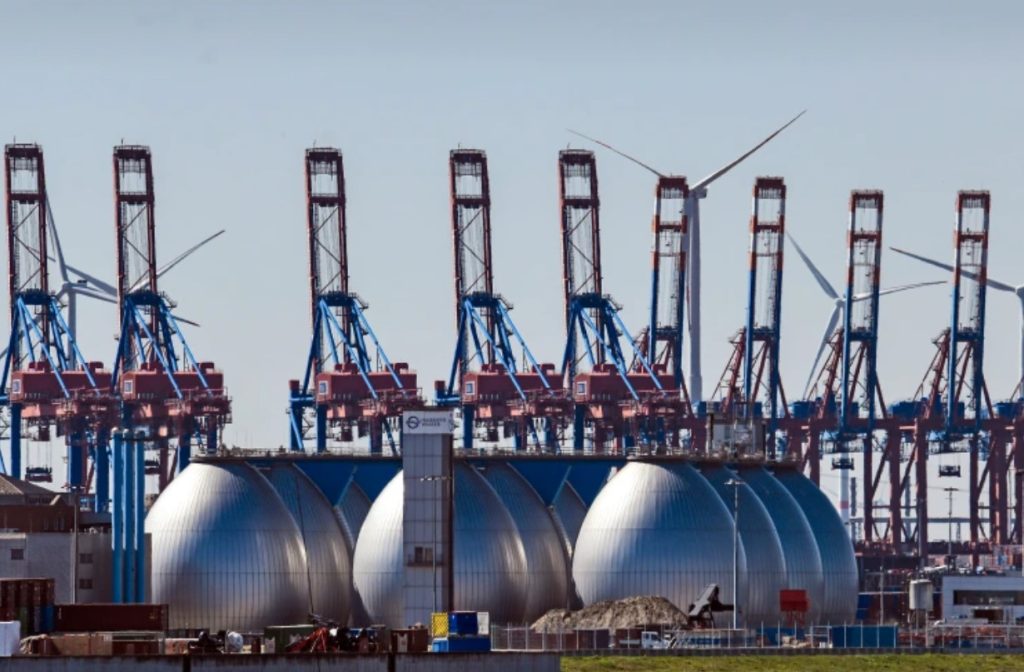
Russia may cut off gas to Europe entirely as it seeks to bolster its political leverage during the Ukraine crisis, the head of the International Energy Agency (IEA) said, adding Europe needed to prepare now.
“I wouldn’t rule out Russia continuing to find different issues here and there and continuing to find excuses to further reduce gas deliveries to Europe – and maybe even cut it off completely,” IEA Executive Director Fatih Birol said in a statement on Wednesday to Reuters news agency.
“This is the reason Europe needs contingency plans,” Birol added, saying a recent reduction in flows may be an attempt to gain political leverage ahead of higher-demand winter months.
The IEA did not see a full cut-off as the most likely scenario, he added.
The European Union has sanctioned Russian oil and coal, but has held off from banning gas imports because of its heavy reliance on supplies from Moscow.
In terms of total energy investment for 2022, the IEA said in a report that $2.4 trillion was set to be invested in the sector this year, including record spending on renewables. But it added that fell short of plugging a supply gap and tackling climate change.
‘Two visions of the future’
Rising 8 percent from the previous year, when the pandemic was more severe, the investment includes big increases in the electricity sector and efforts to bolster energy efficiency, it said in its annual investment report published on Wednesday.
Investment in oil and gas, on top of setting back efforts to reach climate goals, could not meet rising demand if energy systems are not retooled towards cleaner technology, it said.
“Today’s oil and gas spending is caught between two visions of the future: it is too high for a pathway aligned with limiting global warming to 1.5 degrees C – but not enough to satisfy rising demand in a scenario where governments stick with today’s policy settings and fail to deliver on their climate pledges,” the agency said.
Ambitious climate goals?
Meanwhile, an official with the EU said the body will temporarily shift back to coal to cope with dwindling Russian gas flows without derailing longer term climate goals.
European leaders have rounded on Russia as flows through its Nord Stream 1 pipeline were cut to just 40 percent of capacity.
Germany, Italy, and the Netherlands have signalled coal-fired power plants could plug supply gaps, even as Germany gears up to host a Group of Seven summit having reaffirmed a commitment to ambitious climate change goals.
Europe will temporarily pursue fossil fuel alternatives to Russian gas in light of President Vladimir Putin’s actions, a senior European Commission official said.
“The unlawful invasion by Russia of Ukraine has resulted in an emergency situation in the EU,” Elina Bardram, acting director for International Affairs and Climate Finance at the European Commission, told the Africa Energy Forum in Brussels.
“With the very rogue moves we are observing from the Putin administration in terms of Gazprom lowering the flow very suddenly, we are doing some very important measures, but all of those measures are temporary,” she added.
The measures would be phased out as soon as possible as the EU is determined to stick to its climate goals, she said.
“The EU’s 2030 and 2050 targets remain fully intact … while we may temporarily increase our use of coal, the long term direction is clear,” added Bardram, who headed the European Commission’s delegation to the 2015 Paris Climate talks.




























